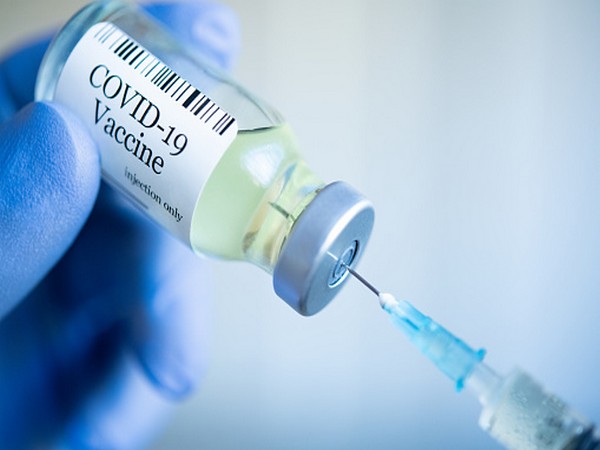Italian studies show COVID-19 shots less effective in immunocompromised
COVID-19 vaccines are less effective on people with weakened immune systems, three small Italian studies show, which the studies' researchers say highlight the need to deploy booster shots for this group of vulnerable people. The studies show that, on average, 30% of immunocompromised patients do not develop immunity to the virus after vaccination.

COVID-19 vaccines are less effective on people with weakened immune systems, three small Italian studies show, which the studies' researchers say highlight the need to deploy booster shots for this group of vulnerable people.
The studies show that, on average, 30% of immunocompromised patients do not develop immunity to the virus after vaccination. The remaining 70% respond to the vaccine, especially after the second dose, but a lesser extent than healthy people and with differences from group to group, the Bambino Gesu Hospital in Rome, which conducted the three small studies, said in a statement on Monday.
The studies were conducted among a group of 21 patients with primary immunodeficiency disease, 34 children and young adults undergoing heart and lung transplants, and 45 young people with liver and kidney transplants. The results indicate the need to increase the level of protection of the most vulnerable with booster doses, the hospital said.
"The results of our studies show that it is essential to protect the most fragile categories by administering the third dose of vaccine, calibrating the dosages or resorting to new adjuvanted vaccine formulations able to enhance the immune response to the virus and maintain it over time," said Professor Paolo Palma, head of clinical immunology and vaccinology at the Bambino Gesu. The findings come as the European Medicines Agency (EMA) is expected to announce later on Monday its decision on whether to recommend a third dose of the vaccine.
There is no consensus among scientists on how widely boosters should be deployed. The United States, Britain, and Israel have launched booster programs, but only Israel is administering extra shots to the whole population. The serological response to the vaccine, indicating the number of antibodies present in the blood, and the cellular response - the presence of SARS-CoV-2-specific T-lymphocytes - were both analyzed in all three studies.
Data were then compared with those of control groups of healthy people, who received the COVID vaccination during the same period.
(This story has not been edited by Devdiscourse staff and is auto-generated from a syndicated feed.)
- READ MORE ON:
- Rome
- European Medicines Agency
- Britain
- COVID
- Israel
- Italian
- The United States
ALSO READ
Britain's Tesco expects profit rise in 2024/25 year
Britain suspends import duties on over 100 items
Britain announces Indo-Pacific military exercises with US, Japan
Athletics-Ujah recalled to Britain's relay squad after serving doping ban
Britain to equip ships with lasers to take down drones from 2027










